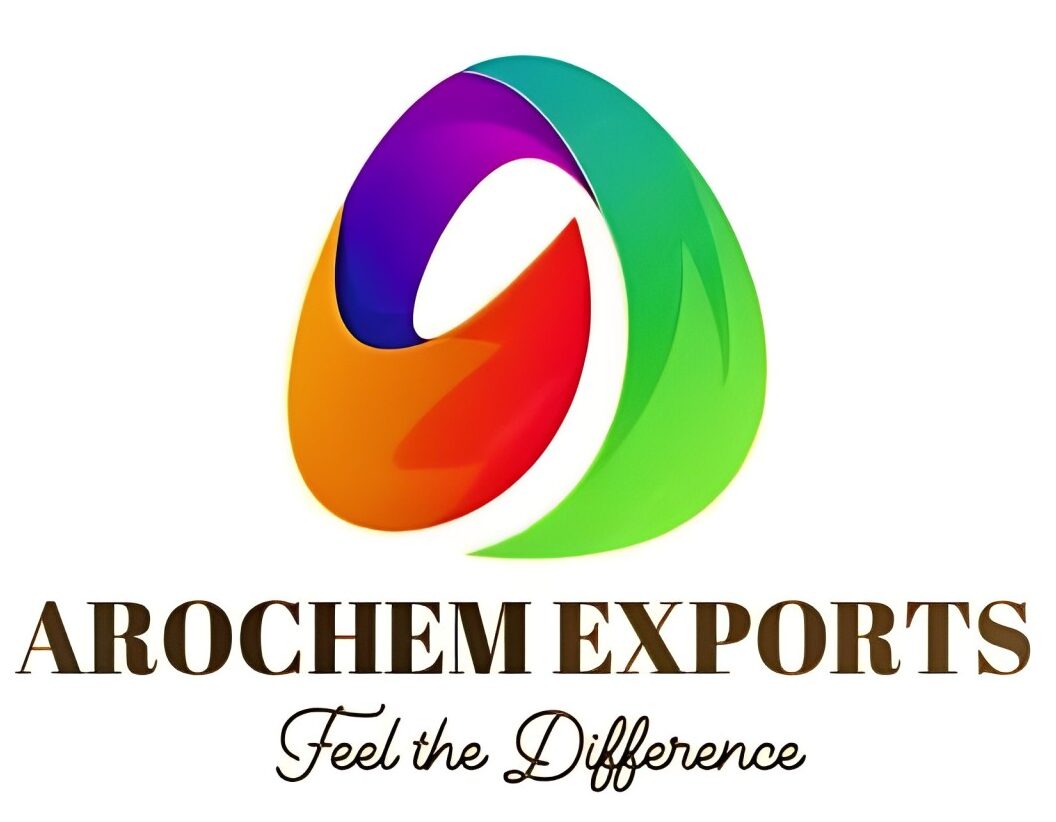Flavors manufacturing is a process by which flavoring agents are produced for use in various industries such as food and beverage, pharmaceuticals, cosmetics, and more. The manufacturing of flavors involves a combination of art and science, as it requires a deep understanding of chemistry, sensory perception, and consumer preferences.
Here’s an overview of the flavors manufacturing process:
- Research and Development: This phase involves researching market trends, consumer preferences, and regulatory requirements. Flavor chemists work to develop new flavor profiles or improve existing ones. They experiment with different combinations of natural and synthetic ingredients to create desired flavors.
- Ingredient Sourcing: Manufacturers source raw materials such as natural extracts, essential oils, aroma chemicals, and other flavoring compounds from suppliers. These ingredients must meet quality standards and regulatory requirements.
- Formulation: Flavorists create formulations by blending various ingredients in precise quantities to achieve the desired flavor profile. They carefully balance sweetness, acidity, bitterness, and other sensory attributes to mimic natural flavors or create unique taste experiences.
- Extraction and Synthesis: Depending on the type of flavor, extraction methods such as steam distillation, solvent extraction, or cold pressing may be used to obtain natural flavor compounds from plant sources. Synthetic flavors are often created through chemical synthesis in a laboratory.
- Quality Control: Throughout the manufacturing process, quality control measures are implemented to ensure consistency, purity, and safety of the finished products. Analytical techniques such as gas chromatography, mass spectrometry, and sensory evaluation are used to assess the flavor’s chemical composition and sensory properties.
- Processing and Packaging: Once the flavors are formulated and tested, they are processed into various forms such as liquid concentrates, powders, or emulsions. These products are then packaged in containers that preserve their freshness and protect them from contamination.
- Regulatory Compliance: Flavor manufacturers must comply with regulations set by government agencies such as the Food and Drug Administration (FDA) in the United States or the European Food Safety Authority (EFSA) in the European Union. This includes labeling requirements, ingredient safety assessments, and adherence to Good Manufacturing Practices (GMP).
- Distribution and Marketing: Finished flavors are distributed to customers such as food and beverage companies, cosmetic manufacturers, or pharmaceutical companies. Marketing efforts may include promoting the flavor’s unique features, conducting sensory evaluations, and providing technical support to customers.
Overall, flavors manufacturing is a complex and highly specialized process that requires expertise in chemistry, sensory science, and food technology to create high-quality and safe flavoring agents for a wide range of applications.
